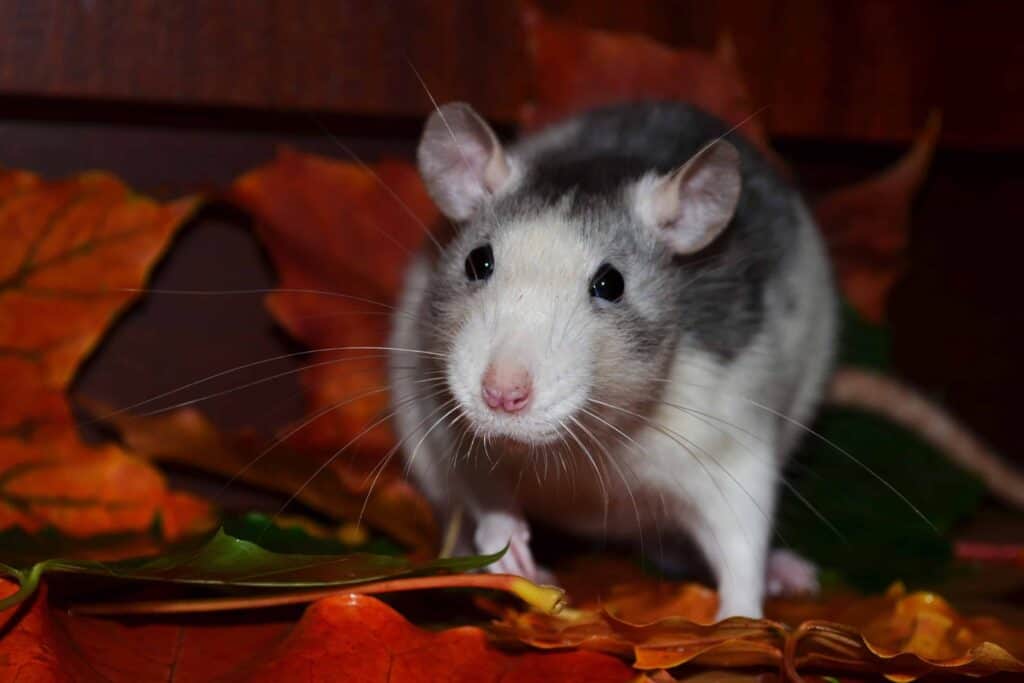A voice in her periphery, one that was indelibly twisted into her memories, rose above the unfolding dialogue in her mind and, like the instinct to swat away a buzzing fly, she had to look. She’d been occupying a tucked-away booth — her books and writing utensils strewn about the table in an organized mess. To her surprise, she discovered that Austin, her Austin, had walked into the café and was about to sit at an adjacent table in a chair that would place him slightly behind her left shoulder and out of view. What was worse, he’d seen her turn around. As if the lights to the cell in which she was being held captive had suddenly shot on, her veil of privacy was revoked, revealing a disheartening but all too familiar reality: there was no door on her lonely enclosure. It had been unhinged long ago, leaving the gateway to her freedom unobstructed. She remained a prisoner of her own accord, awaiting her captor who, upon occasion, provided sustenance — the bare minimum for survival. A grimace, a nod, a vibe, just crumbs really, and still she stayed. What he might provide today remained to be seen.
Vienna sat there fizzing with adrenaline, her paralyzed fingers hovering above the keys on her laptop. She’d managed to avoid being near him when their paths had intersected in the past year (parties, the grocery store, festivals, walking down the street), especially since the letter, but he was so close now and the room was lit and yes, she could leave, but that might be worse. But if the aim was to escape the past, then Austin finding her there writing shouldn’t have felt so shameful. No, this was triumphant. She was creating. Forging ahead. And besides, this was her café — more than it was his anyway. So, why did it feel like she’d been caught red-handed?
In part it was her wooden demeanor. As usual, she couldn’t bring herself to acknowledge him. What must have been apparent was that she was pretending he didn’t exist, and the obvious effort it took to do so would have been wasted on someone of less personal importance. But the essence of the pants-down feeling resided in the moment before she’d turned around to see who belonged to such a voice — a voice that had the power to override her freewill. She’d spent this moment writing out the words he had spoken to her over a year before, the night they’d met. Now, from his viewpoint he could make out her every movement, even the words on her screen if he so desired. At least she’d had the sense to assign his character a fake name. This was odd. Odd to see him at a time like that. Hard not to find meaning in it.
Yellowknife was, of course, a very small town.
She flipped over the paperback resting on the vinyl-covered bench next to her right thigh, a novel he’d loaned her to read. She remembered it clearly — the neural pathway cemented into place from frequent revisiting. They’d been standing in the narrow hallway between their bedrooms. He’d said “You should read this,” like a fedup shrink prescribing meds to a stubborn mental patient. Upon the dawn of the demise of their short-lived affair, or whatever it was, she’d deposited his copy on the crunchy pink carpet outside his bedroom door. Her sentiments at the time: “You loaned this to me when we were still cool, but now we’re not, so it’s weird that I still have it. P.S I trust your taste in literature so I’m probably going to go buy it later and read it and think about you while I’m reading it.” Based on their interactions before and after she’d returned the book, she guessed his interpretation of the gesture amounted to: “You think I loaned you this because I have feelings for you or whatever, but I don’t. How many times do I have to say it? Sometimes a book is just a book.”
The novel was a bit too obscure to appear on the shelves of the Yellowknife bookstore, but mainstream enough to special-order in. She’d planned to devour it as soon as it arrived, but instead, it had sat on her shelf for a year. The timing had never felt right. It hadn’t been until the week before this peculiar day that she’d dared to commence the literary and emotional adventure contained within its pages. It turned out to be terrific, which came as no surprise, but despite all its teachings, it wasn’t helping. The novel had happened to be sitting next to her, cover-side up, clearly visible in the reflection of the wall-to-ceiling window beside her when Austin had walked in. How much worse could things get?
She gathered he was there to meet a recent hire at the paper to do the old Good Samaritan Welcome Wagon. He spoke in a loud and forceful voice to the young man seated across from him, and to Vienna, it seemed he emphasized things she thought he’d think she’d find interesting, or funny, or endearing, though it’s hard to imagine a context in which Vienna wouldn’t find what Austin said to be interesting, funny, or endearing. And the volume of his voice — hardly proof that her presence had an impact on him, any more than if the aforementioned psychiatrist had run into his old patient and was finding it difficult to ignore the abundant evidence that her illness was still going untreated.
But these things only occurred to Vienna in retrospect. In the moment, Austin seemed to be throwing paper airplane love letters in her direction. “The boss can be a bit of a dick at first.” He leaned back in his chair. “But he cools down after a while.”
His presence affected all of her senses and though he spoke as if he were addressing the room, only fragments made their way to her cotton-stuffed ears. She thought she heard something about a job offer. A possible new position starting in the summer? That caused more panic. Was he leaving town? Noooooo!
Then, as if he sensed her concern, he added that he could never see himself leaving this place. That was a relief, for at that moment Vienna was holding strong to the same resolution. Leaving her hometown seemed impossible. He must have suspected she was sitting there writing about him. Had he been flattered by the recent Artist of the Week write-up done by one of his colleagues that mentioned she was writing a novel about “unrequited love”, or did it drive him insane knowing she was the type to be incredibly candid about everything? “And it’s not always scintillating being a reporter in this town,” Austin confided. “Oh, really?”
Undue consternation appeared on the new reporter’s face. If Vienna had had any desire to flirt with this fellow upon Austin’s departure —as part of some poorly thought out and inevitably self-destructive revenge plot — it vanished upon witnessing this unbecoming facial expression. Indigestion? Social anxiety? “After this I’m heading back to the shop to write up a story about a dog.” “Hmm,” replied the new writer.
Perhaps this gentleman didn’t have the word scintillating in his vocabulary, or maybe he lacked a sense of humour. Neither would come as a surprise as the newspaper had a reputation for taking whoever they could get. Austin was good, but he was an exception. “I mean, I guess it’s a rescue dog,” said Austin, trying his best to make something of the conversation. “I’m sure it’ll be fun to hang out with him.”
But the new hire had gone mute. “Never mind,” barked Austin, clearing his throat. “You’ll be fine.” Swallow. “You start Monday?” “Yes, Monday,” the young reporter mustered.
There was the sound of a chair being pulled out, hands going into sleeves, and then nothing but a faint aroma.
When an appropriate amount of time had passed, Vienna shook out the tightness that had formed in various joints and limbs. In the midst of an exaggerated neck stretch, she took a good long look at the reporter Austin had left behind and confirmed something for herself. It wasn’t all writers. Just some writers.



